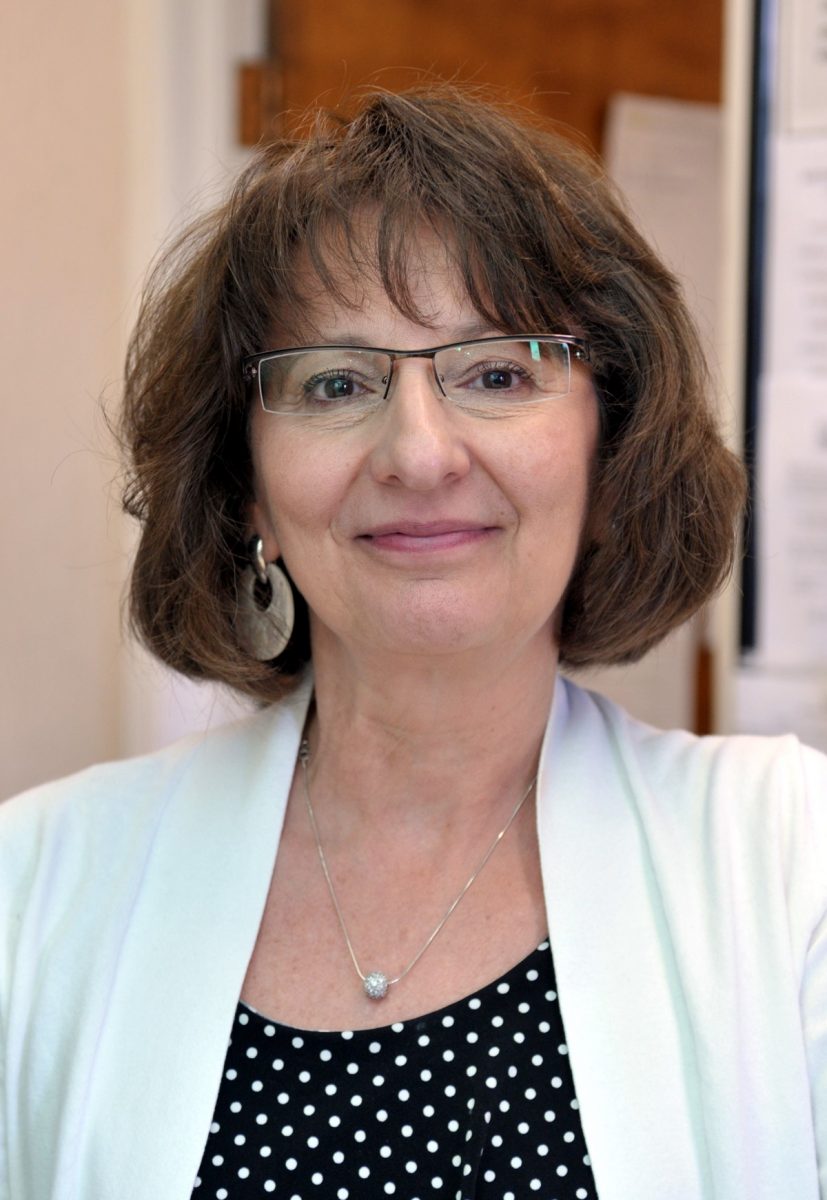WESTFIELD – The city’s License Commission and the Licensing Department staff met with representatives of the eight fraternal and social clubs in the city to discuss the requirements which the state is putting into effect next year for renewing club licenses across the commonwealth.
Commission Chairman Christopher Mowatt said “the purpose of this meeting is to help you understand these ABCC communications. It’s a lot to take in and it does take in all of the clubs” in the state.
Licensing Director Denise Carey said the Alcohol Beverage Control Commission is “respectfully recommending that you take this opportunity to ensure that all club licensees have current officers and directors identified in your license file and that said officers and directors have been approved by your board, as well as this agency.”
Carey said that while that appears to be a straightforward process it is not because often there are two sets of officers, one to operate the club and a second layer of corporate officers.
The ABCC sent a second notice to local license commissions to “remind the local licensing authority of their obligation to ensure that only legally authorized individuals sign the renewal application.”
Typically the manager listed on the club’s liquor license, and approved by both the local board and the ABCC, p
Psigns that renewal document, but may not be an elected or corporate officer.
Carey said she requested the Law Department to review the ABCC notices requiring that licensees “correctly identify all of the officers and directors approved by your board and the ABCC.”
“I took this to the Law Department to determine which officers and director should be listed, but the corporation has its own officers and directors or trustees,” Carey said. “The Law Department’s opinion, under MGL (Massachusetts General Law) 138 is that it is the corporate officers who are the holders of the liquor license.”
Carey said that the clubs should list those corporate officers and not the “internal officers and directors who change every year.” The fee for changing the licensing documents is $200 to the city and $200 to the state. There is also an additional fee associated with changing corporate documents filed with the Office of the Secretary of State.
Jim Kane of the Sons of Erin said the problem for many of the clubs is that “we have annual elections, so our officers and directors change every year.”
The records of many of the clubs pertain to corporations formed in the 1960s, documents which have not been updated since then.
Bob Tomasini of the Italian Fraternal Club said all clubs “are in the same boat” because corporate documents registered at the Secretary of State Office have not been changed in decades. “I have four officers who do not exist anymore, they’re dead.”
Scott Hampton of the Elks said there are be problems related to the fact that local clubs often operate under the umbrella of state and/or national organizations.
Mowatt said that beginning next November the ABCC will return license applications if the signatures on the renewal form do not match those on record.
“The signatures on the application have to match those on the ABCC list,” Mowatt said. “It will be a long road to get it straightened out. The ABCC wants this in place by next November for renewal of the licenses.”
Carey suggested that the club submit their renewal documents in August to allow time for the Licensing Department to review and ensure the club applications are in compliance with the new ABCC requirements.
Carey also suggested that the clubs contact their attorneys to assist them into bringing the renewal application into conformance with the ABCC standards before they are submitted to the License Commission.


